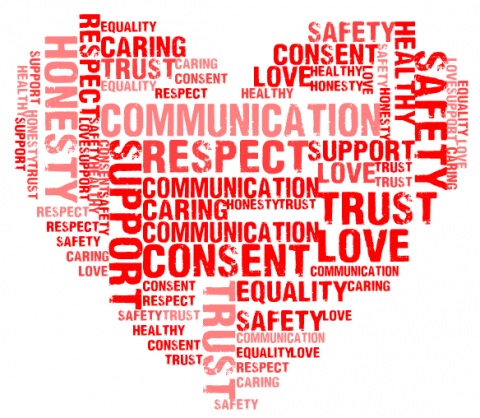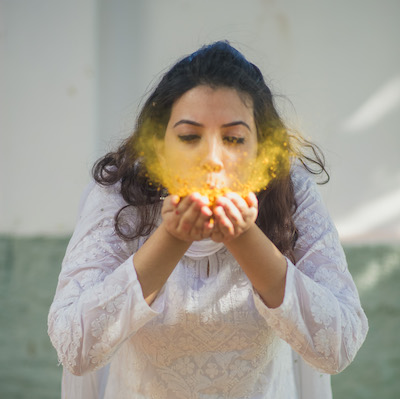- CATEGORY: OPERATION PEACEMAKER
Increasing Dating Violence
The culture in India is slowly changing so that dating is becoming a normal practice for much of the country’s youth. Consequently, there has been a rise in incidences of dating violence.
The culture in India is slowly changing so that dating is becoming a normal practice for much of the country’s youth. Consequently, there has been a rise in incidences of dating violence.
The difficulty of this slow change is that many of these young women lack the typical support systems of family, friends, and society at large due to the lack of acceptance of the practice of dating. In our experience, these young women are not only at high risk of dating violence, and face the universally common barriers to getting help, but they also face additional barriers due to the secrecy they feel they must keep around their dating lives.
Most young women who come to us for help for dating violence, wish to retain some degree of anonymity, often withholding contact info and even the the degree and intensity of the abuse. What we have learnt from cases that come via online channels like our partner Zariya (a virtual organization that helps women in need by connecting them to various organizations) is that anonymity makes women feel secure and in control of the situation. This means they limit the support we are able to provide them, and they do not access external support networks that could help them. Furthermore, it is difficult to provide support to a young woman without her parent’s knowledge or consent because the police prefer to have parental involvement on cases of unmarried girls, even if they are no longer minors.
They do this in an attempt to protect the identity of their partner as well as keep their abuse from become the reason their relationship is revealed. Most clients feel that sharing their problem is equivalent to betrayal, and they want to avoid any more damage to the existing relationship.
This has perhaps been our biggest challenge so far in terms of helping clients who choose to remain anonymous. Their reluctance to give out basic details becomes a barrier to the effectiveness of our support. Also, in cases like these, it is very rare that we get chance to counsel the aggressor and bring about a change in their behavior.
We hope that as digital tools make it easier for young women to access our support services, that they also help us cultivate a culture among the younger generation that believes in building relationships that respect their physical and emotional well being above anything else, even at times their privacy.
LOVE SHOULD NEVER HURT

Photo Source: Unkown






